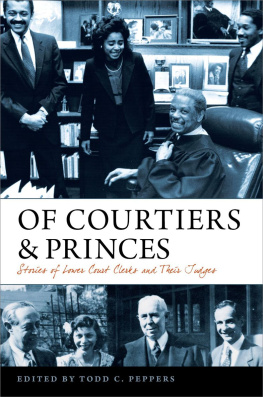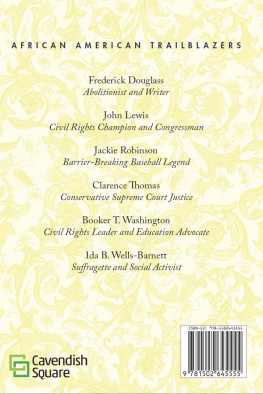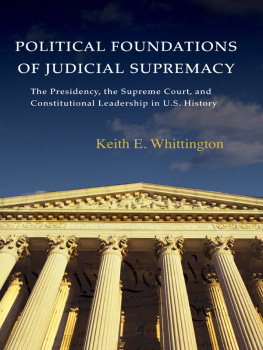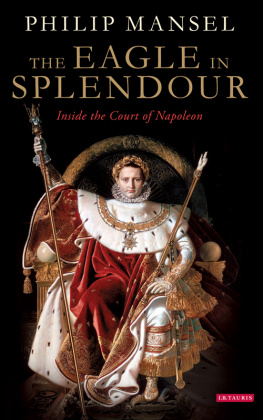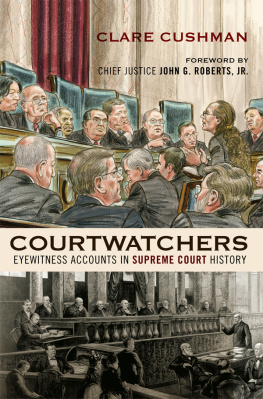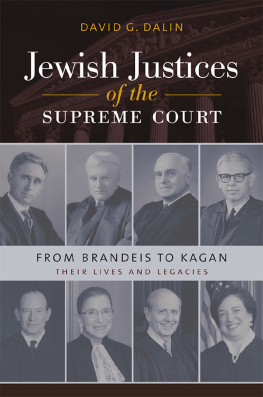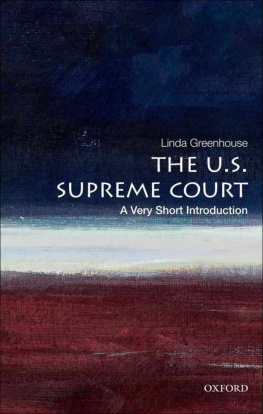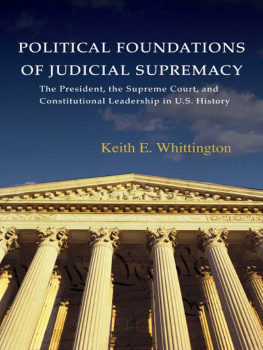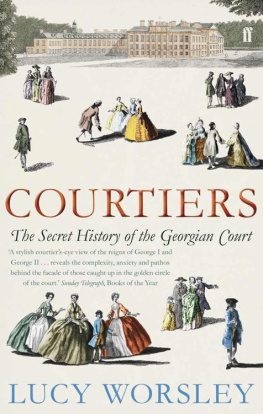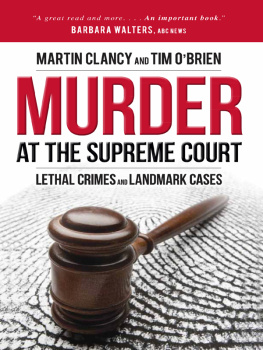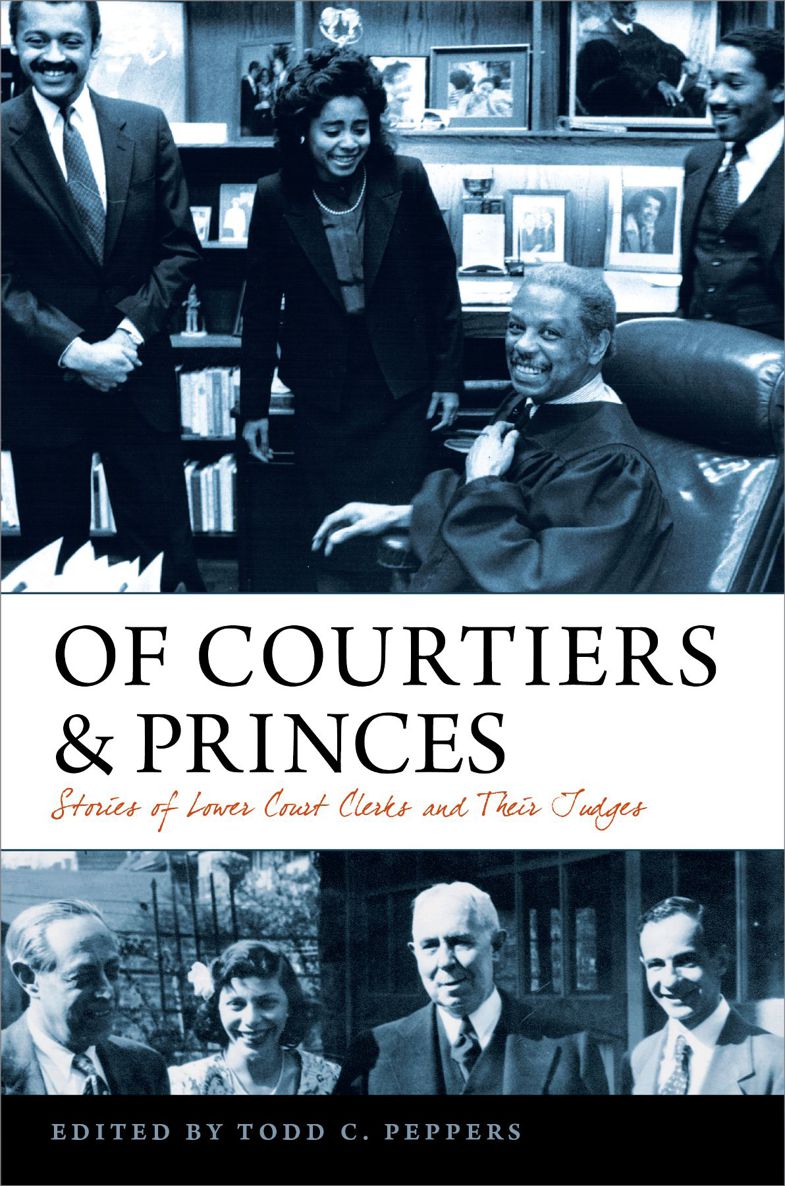Todd C. Peppers - Of Courtiers and Princes: Stories of Lower Court Clerks and Their Judges
Here you can read online Todd C. Peppers - Of Courtiers and Princes: Stories of Lower Court Clerks and Their Judges full text of the book (entire story) in english for free. Download pdf and epub, get meaning, cover and reviews about this ebook. City: Charlottesville, year: 2021, publisher: University of Virginia Press, genre: Science. Description of the work, (preface) as well as reviews are available. Best literature library LitArk.com created for fans of good reading and offers a wide selection of genres:
Romance novel
Science fiction
Adventure
Detective
Science
History
Home and family
Prose
Art
Politics
Computer
Non-fiction
Religion
Business
Children
Humor
Choose a favorite category and find really read worthwhile books. Enjoy immersion in the world of imagination, feel the emotions of the characters or learn something new for yourself, make an fascinating discovery.
- Book:Of Courtiers and Princes: Stories of Lower Court Clerks and Their Judges
- Author:
- Publisher:University of Virginia Press
- Genre:
- Year:2021
- City:Charlottesville
- Rating:4 / 5
- Favourites:Add to favourites
- Your mark:
Of Courtiers and Princes: Stories of Lower Court Clerks and Their Judges: summary, description and annotation
We offer to read an annotation, description, summary or preface (depends on what the author of the book "Of Courtiers and Princes: Stories of Lower Court Clerks and Their Judges" wrote himself). If you haven't found the necessary information about the book — write in the comments, we will try to find it.
Praise for In Chambers:
This new collection of essays, including some by former clerks, takes readers inside justices chambers for a look at clerkship life.... [T]he best parts of the book are the behind-the-scenes descriptions of life at the court. Associated Press
An excellent book... Its interesting for many different reasons, not the least of which as a reminder of how much of a bastion of elitism the Court has always been. Atlantic Monthly
In his earlier books, In Chambers and Of Courtiers and Kings, Todd C. Peppers provided an insiders view of the Supreme Court from the perspective of the clerks who worked closely with some of its most important justices. With Of Courtiers and Princes, he concludes the trilogy by examining the understudied yet equally fascinating role of lower court clerksencompassing pioneering women and minorities.
Drawing on contributions from former law clerks and judicial scholarsincluding an essay by Ruth Bader Ginsburgthe book provides an inside look at the professional and personal bonds that form between lower court judges and their clerks. While the individual essays often focus on a single judge and his or her corps of law clerks, including their selection process, contributions, and even influence, the book as a whole provides a macro-level view of the law clerks role in the rapidly changing world of lower federal and state courts, thereby offering an unusual yet crucial perspective on the inner workings of our judicial system.
Todd C. Peppers: author's other books
Who wrote Of Courtiers and Princes: Stories of Lower Court Clerks and Their Judges? Find out the surname, the name of the author of the book and a list of all author's works by series.

